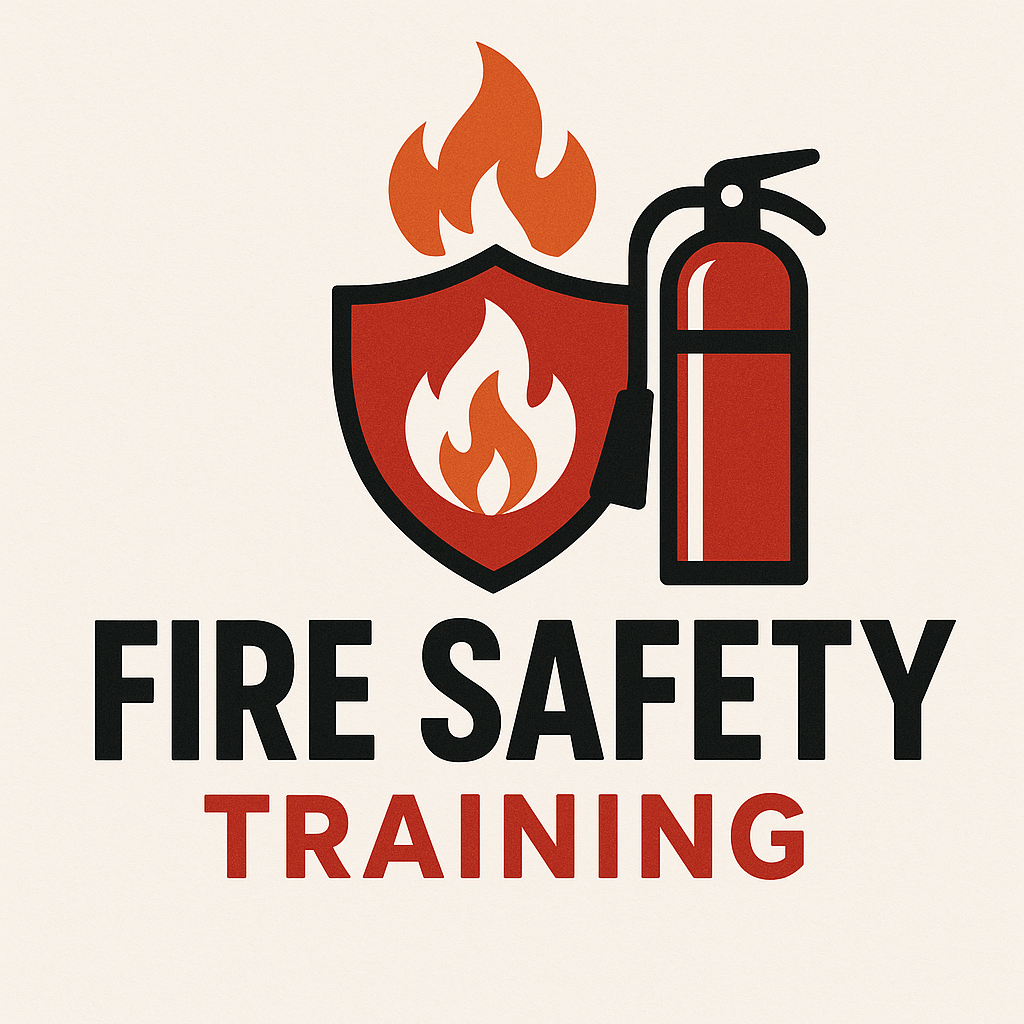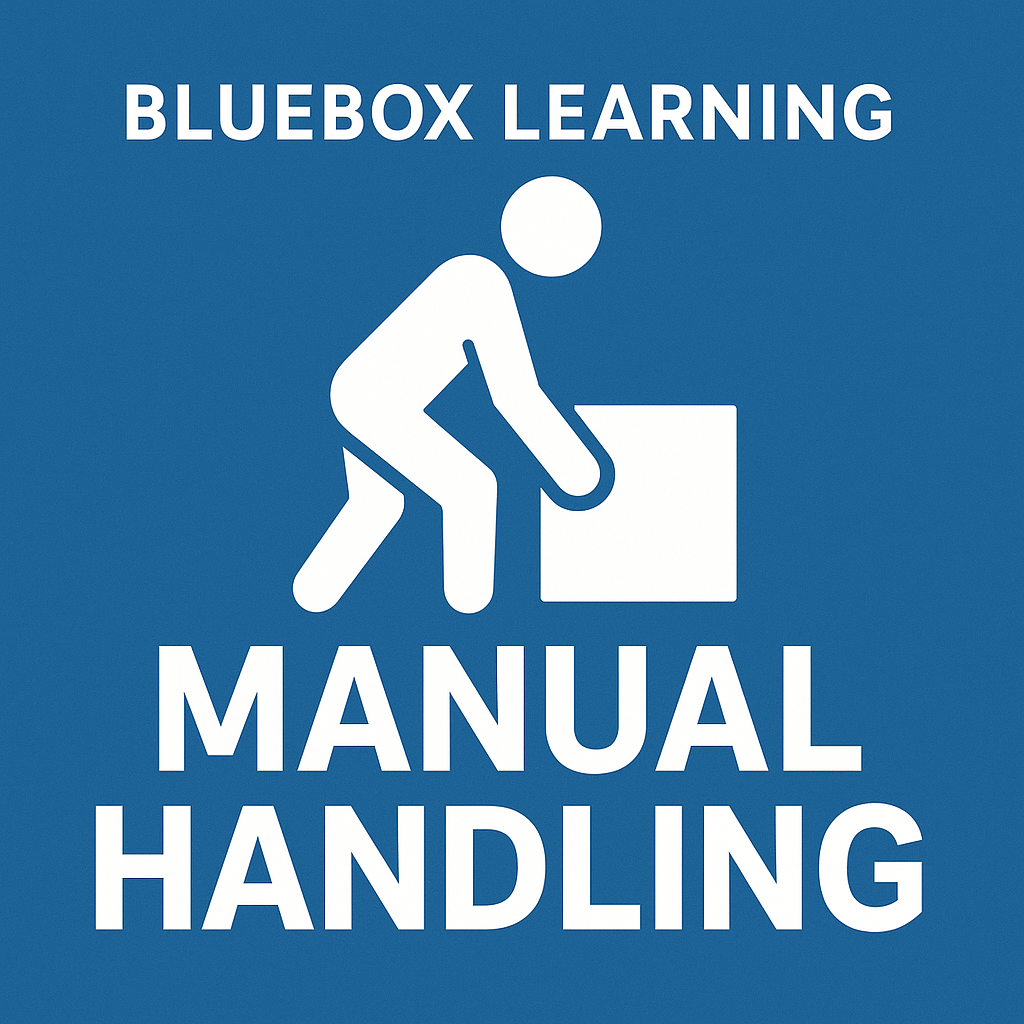Learning Outcomes
• Situational awareness
• Communication skills
• Fatigue management
• Stress management
• Decision-making under pressure
• Teamwork and leadership
• Ergonomics (making equipment easier and safer)
Human factors training teaches people how human behaviour, abilities, and limitations affect performance, especially in safety-critical environments like healthcare, aviation, construction, and manufacturing.
It focuses on understanding how factors such as fatigue, communication problems, stress, teamwork, decision-making, and the design of tools or systems can lead to errors — and how to prevent those errors.
In simple terms, human factors training helps workers:
• Recognise how human mistakes happen.
• Learn strategies to reduce risks.
• Improve communication, teamwork, and problem-solving.
• Create safer systems and working environments.
For example, in healthcare, it can teach doctors and nurses how to better hand over a patient to another team without missing important details. In aviation, it helps pilots and air traffic controllers avoid miscommunication that could lead to accidents.
To ensure this course meet the highest standard it is certified by 'Bluebox Qualifications Standard'.

• Situational awareness
• Communication skills
• Fatigue management
• Stress management
• Decision-making under pressure
• Teamwork and leadership
• Ergonomics (making equipment easier and safer)
Group discussions
Case Studies
Multiple choice question paper


0 1
![]() 1 day
1 day
![]() 12 per trainer
12 per trainer
![]() Certificate Valid: 3 years
Certificate Valid: 3 years

0 2
![]() 1 day
1 day
![]() 12 per trainer
12 per trainer
![]() Certificate Valid: 2 years
Certificate Valid: 2 years

0 3
![]() 1 day
1 day
![]() 16 per trainer
16 per trainer
![]() Certificate Valid: 3 years
Certificate Valid: 3 years

0 4
![]() 2 days
2 days
![]() 12 per trainer
12 per trainer
![]() Certificate Valid: 2 years
Certificate Valid: 2 years

0 5
![]() 5 days
5 days
![]() 12 per trainer
12 per trainer
![]() Certificate Valid: 2 Years
Certificate Valid: 2 Years

0 6
![]() 1 day
1 day
![]() 12 per trainer
12 per trainer
![]() Certificate Valid: 2 Years
Certificate Valid: 2 Years

0 7
![]() 2 days
2 days
![]() 12 per trainer
12 per trainer
![]() Certificate Valid: 3 Years
Certificate Valid: 3 Years

0 8
![]() 1 day
1 day
![]() 16 per trainer
16 per trainer
![]() Certificate Valid: CPD
Certificate Valid: CPD

0 9
![]() 2 hours
2 hours
![]() 1 per trainer
1 per trainer
![]() Certificate Valid: 3 years
Certificate Valid: 3 years

0 10
![]() 1 day
1 day
![]() 12 per trainer
12 per trainer
![]() Certificate Valid: 3 years
Certificate Valid: 3 years

0 11
![]() 1 day
1 day
![]() 12 per trainer
12 per trainer
![]() Certificate Valid: 3 years
Certificate Valid: 3 years

0 12
![]() 3 days
3 days
![]() 12 per trainer
12 per trainer
![]() Certificate Valid: On-going
Certificate Valid: On-going

0 13
![]() 1 day
1 day
![]() 16 per trainer
16 per trainer
![]() Certificate Valid: 3 years
Certificate Valid: 3 years

0 14
![]() 3 hours
3 hours
![]() 16 per trainer
16 per trainer
![]() Certificate Valid: 3 Years
Certificate Valid: 3 Years

0 15
![]() 2 hours
2 hours
![]() 12 per trainer
12 per trainer
![]() Certificate Valid: CPD
Certificate Valid: CPD

0 16
![]() 1 day
1 day
![]() 12 per trainer
12 per trainer
![]() Certificate Valid: 3 years
Certificate Valid: 3 years

0 17
![]() 3 hours
3 hours
![]() 12 per trainer
12 per trainer
![]() Certificate Valid: CPD Certificate
Certificate Valid: CPD Certificate

0 18
![]() 2 days
2 days
![]() 12 per trainer
12 per trainer
![]() Certificate Valid: 2 years
Certificate Valid: 2 years

0 19
![]() 1 day
1 day
![]() 12 per trainer
12 per trainer
![]() Certificate Valid: On-going
Certificate Valid: On-going

0 20
![]() 3 hours
3 hours
![]() 8 per trainer
8 per trainer
![]() Certificate Valid: 3 years
Certificate Valid: 3 years

0 21
![]() 1 day
1 day
![]() 12 per trainer
12 per trainer
![]() Certificate Valid: Ongoing
Certificate Valid: Ongoing